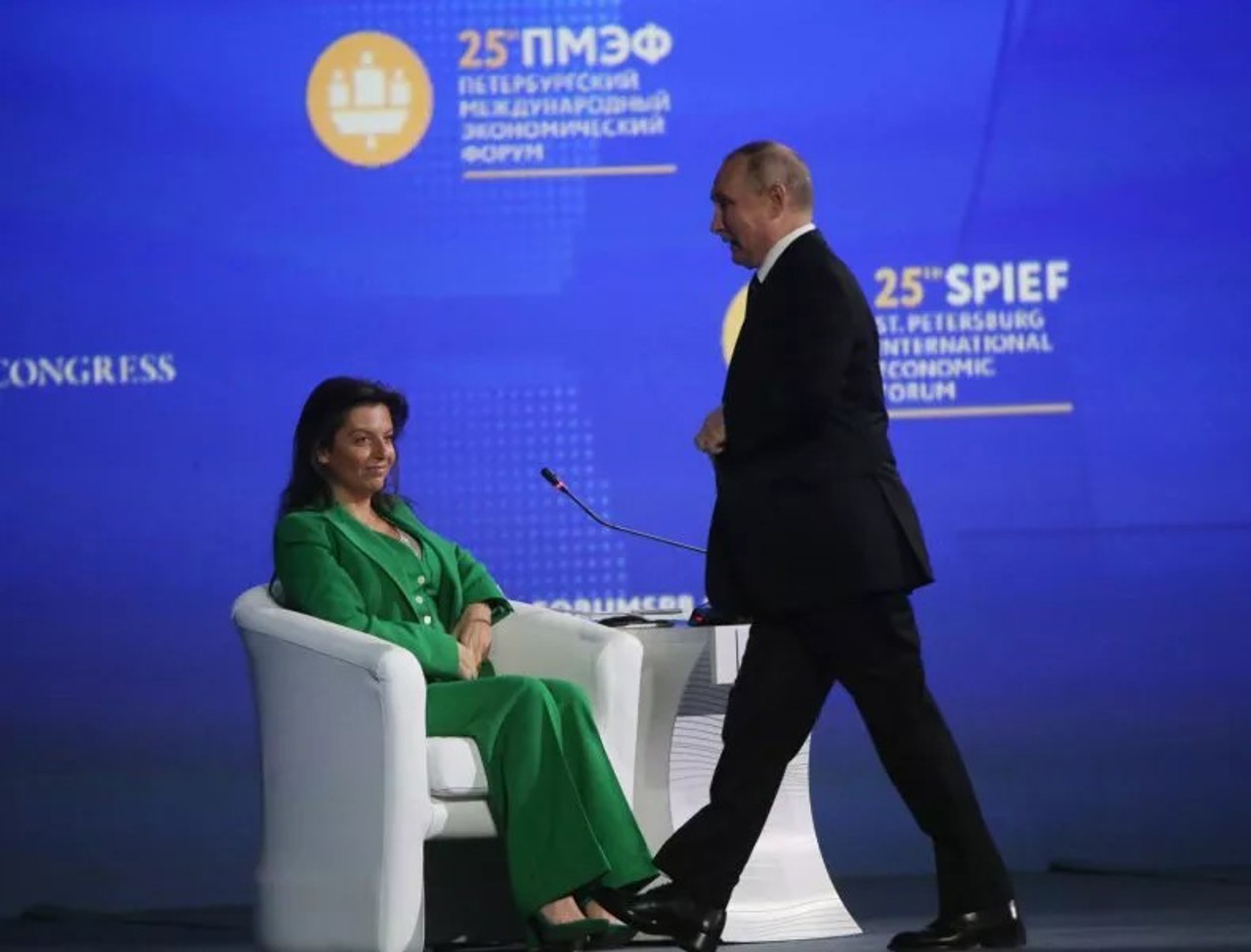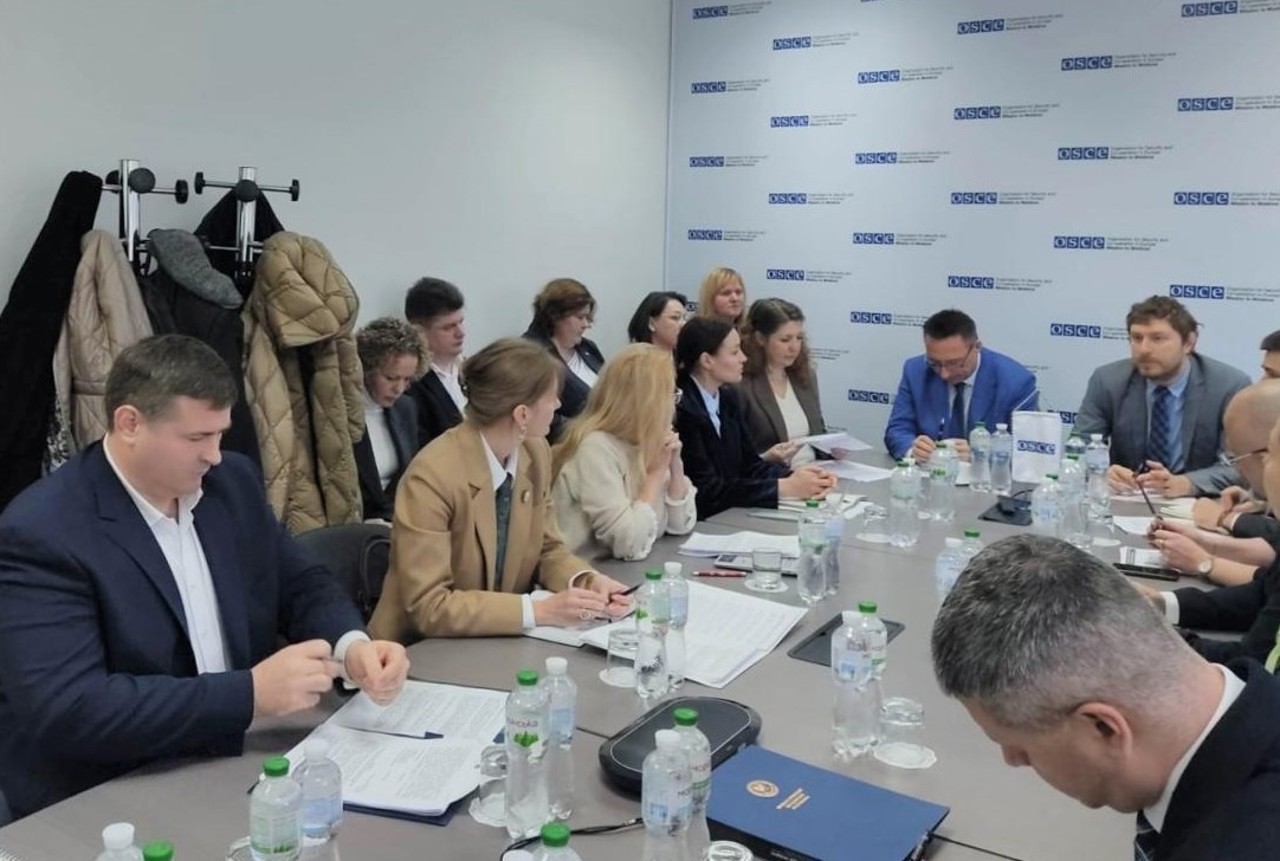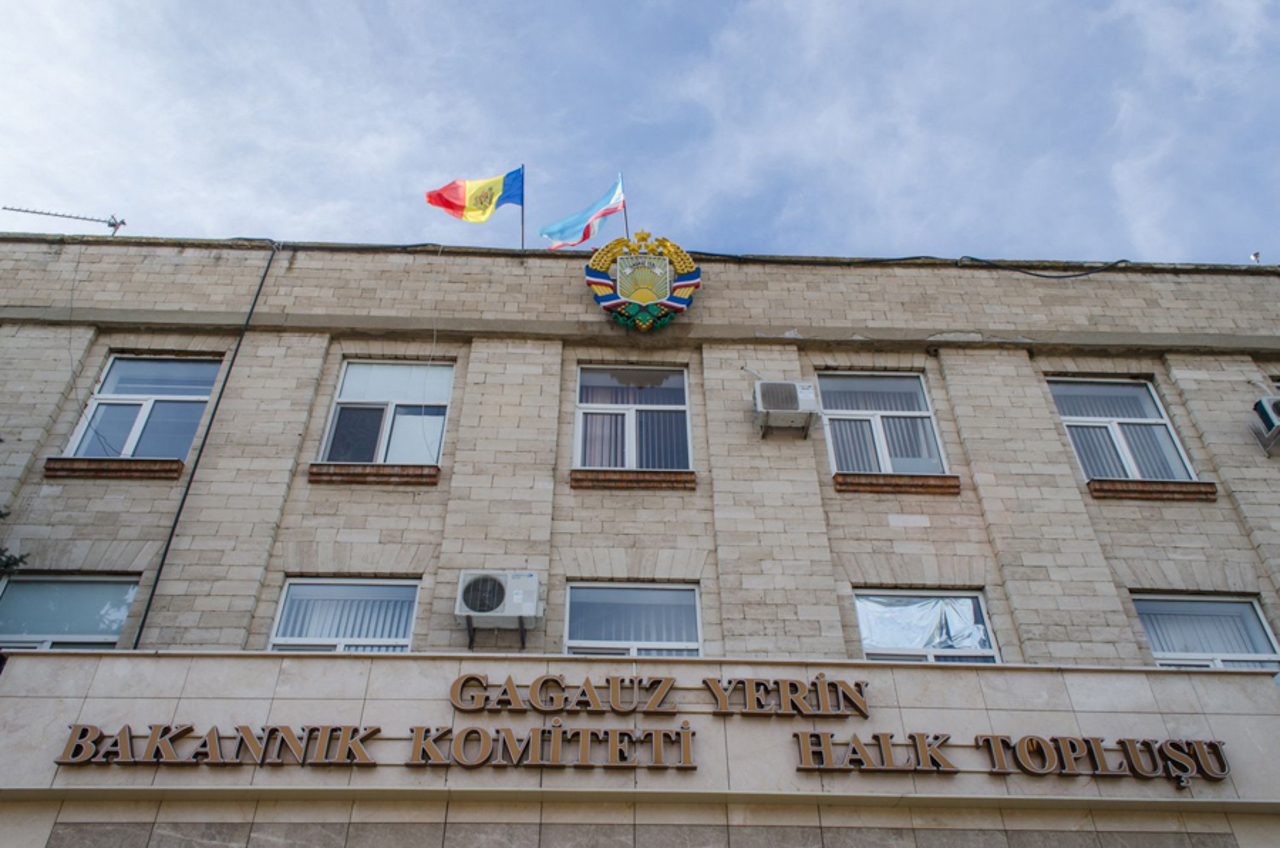US accuses Russia of extensive election interference ahead of 2024 presidential vote
The Biden administration has escalated its accusations against Russia, alleging that the Kremlin has orchestrated a widespread disinformation campaign aimed at influencing the outcome of the upcoming U.S. presidential election in November 2024.

This marks the most direct and comprehensive U.S. government response to alleged foreign election interference to date.
In a coordinated announcement on Wednesday, the U.S. Treasury Department imposed sanctions on several Russian individuals and entities, including Margarita Simonyan, the editor-in-chief of RT (formerly Russia Today), and other key figures associated with the state-funded network. The sanctions are part of a broader effort to counteract what officials describe as a "malign influence campaign" designed to sway U.S. public opinion and undermine democratic institutions.
Treasury Secretary Janet Yellen emphasised that the sanctions underscore the U.S. government's commitment to holding state-sponsored actors accountable. "Today's action reflects our determination to confront those engaged in activities aimed at eroding public trust in our democratic processes," Yellen stated.
The Justice Department revealed that two Moscow-based RT employees, Kostiantyn Kalashnikov and Elena Afanasyeva, have been indicted on charges of money laundering and violating the Foreign Agents Registration Act. These individuals are accused of funding a Tennessee-based firm to disseminate pro-Kremlin content across social media platforms.
Attorney General Merrick Garland detailed the alleged operations, noting that RT had reportedly paid millions of dollars to recruit American influencers who unknowingly spread pro-Russian messages. This content, according to Garland, was intended to amplify divisions within the U.S. and erode support for international allies like Ukraine.
In addition to the sanctions and indictments, the U.S. government has taken several other actions to curb the alleged disinformation campaign. These include:
- Seizing 32 internet domain names used to propagate Kremlin-backed narratives.
- Declaring Rossiya Segodnya and its subsidiaries as "foreign missions," requiring them to report detailed information about their operations in the U.S.
- Limiting visa issuance for employees of Kremlin-linked media outlets.
- Offering a $10 million reward for information on hackers associated with the group known as Russian Angry Hackers Did It (RaHDit).
White House National Security Council spokesman John Kirby asserted that Russian President Vladimir Putin was aware of the activities carried out by RT. "We believe Mr. Putin was cognizant of these actions," Kirby remarked. The U.S. government’s response follows previous allegations of Russian interference in the 2016 and 2020 elections, which were part of broader investigations into Moscow's attempts to influence U.S. political processes.
The Treasury Department's sanctions and the Justice Department's legal actions also address broader concerns about foreign interference. In August, U.S. officials reported Iranian efforts to hack into Donald Trump’s campaign, and Garland condemned both Iranian and Russian activities as part of a growing threat to U.S. democratic institutions.
The crackdown on Russian disinformation is part of a broader strategy to address foreign malign influence and safeguard the integrity of U.S. elections. As the 2024 presidential election approaches, U.S. officials remain vigilant in their efforts to detect and disrupt attempts by foreign actors to undermine the democratic process.
For further updates, please follow BBC News.
Translation by Iurie Tataru




